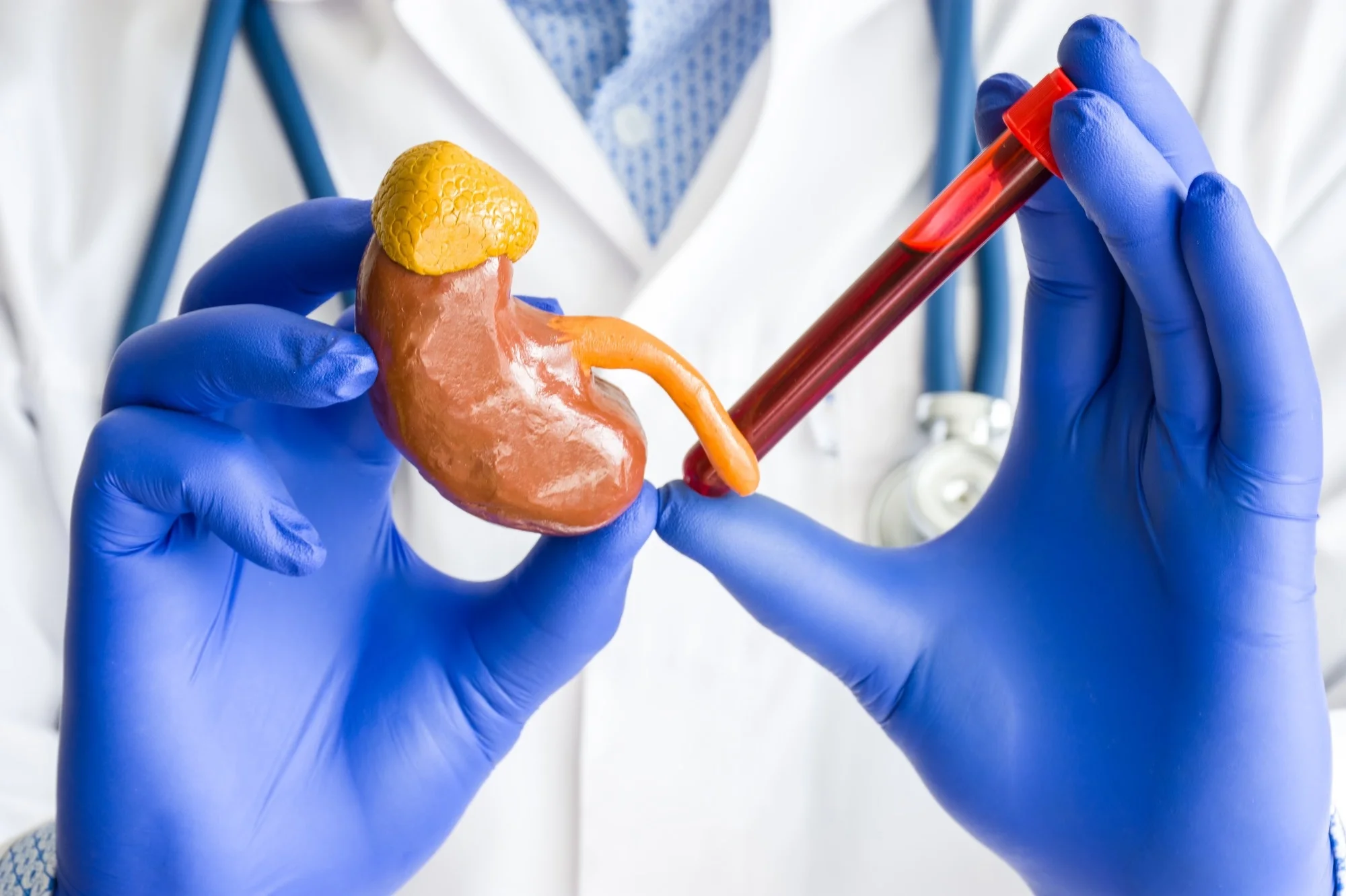
Creatinine is a waste product. Our muscles produce it naturally. It comes from the breakdown of creatine. Creatine helps muscles get energy. When muscles work, creatinine forms. It enters the bloodstream. Healthy kidneys filter it out. They remove it from the blood. It then leaves the body in urine. This constant process keeps us healthy. Creatinine levels reflect this filtration. They offer insights into kidney function. A simple blood test measures it. This test is very common. Doctors use it to check kidney health. Understanding its role is important. It’s a key indicator for many.
Understanding Normal Creatinine Levels
Normal creatinine levels vary. They depend on several factors. Age is one important factor. Gender also plays a role. Muscle mass greatly influences levels. Men usually have higher levels. They often have more muscle mass. Athletes might show higher readings. This is due to their muscle bulk. Labs provide reference ranges. These ranges indicate typical values. Levels outside this range need attention. They might signal a problem. A single high reading isn’t always dire. Other tests are usually needed. Doctors consider the overall picture. They look at your medical history. Trends over time are more telling.
When Creatinine Levels Are High
High creatinine levels are concerning. They suggest kidneys aren’t filtering. Waste products build up in the blood. This accumulation can be harmful. Many things cause elevated levels. Dehydration is a common cause. Certain medications can affect it. High protein diets might also increase it. Most importantly, kidney disease causes it. Damaged kidneys cannot filter efficiently. This leads to a rise in creatinine. Acute kidney injury can cause a sudden jump. Chronic kidney disease shows a slow increase. It reflects ongoing damage. Your doctor will investigate further. They will try to find the cause.
The Impact of Diet on Creatinine
Your diet can influence creatinine. Eating a lot of meat increases it. Meat contains creatine. Cooking meat creates more creatinine. Very high protein diets also affect levels. These diets put more stress on kidneys. Bodybuilders often consume much protein. Their creatinine might be higher. This doesn’t always mean kidney damage. It’s a physiological response. However, a balanced diet is always best. Too much protein can be risky long-term. Especially if kidney function is already low. Discuss dietary changes with your doctor. They can advise on proper nutrition. It helps manage kidney health. What you eat truly matters.
Medications and Creatinine Levels
Some medications affect creatinine levels. Certain antibiotics can raise it. NSAIDs, like ibuprofen, are another culprit. Blood pressure drugs can also influence it. Diuretics might cause changes too. It’s crucial to inform your doctor. Tell them about all medications you take. This includes over-the-counter drugs. They will consider these effects. They might adjust your dosage. Never stop medication on your own. Always consult your healthcare provider first. They understand drug interactions. They know how drugs impact kidneys. Being transparent is very important. It helps ensure safe treatment.
Glomerular Filtration Rate (GFR) Estimation
Creatinine helps estimate GFR. GFR stands for Glomerular Filtration Rate. It’s the best measure of kidney function. GFR tells how well kidneys filter. It’s calculated using a formula. The formula includes creatinine level. It also considers age, gender, and race. Sometimes weight is also included. A high GFR means good filtration. A low GFR indicates kidney impairment. Doctors use GFR to stage kidney disease. This staging guides treatment decisions. Regular GFR checks are vital. They monitor kidney health over time. It provides a clearer picture. GFR is more comprehensive than creatinine alone.
Chronic Kidney Disease and Creatinine
Chronic kidney disease progresses slowly. It often has no early symptoms. High creatinine can be an early sign. As kidneys worsen, creatinine rises. GFR drops steadily over time. This indicates declining function. Early detection is very important. It allows for timely intervention. Lifestyle changes can slow progression. Blood pressure control is crucial. Diabetes management is also key. Medications can help protect kidneys. Regular monitoring helps track disease. Creatinine and GFR are essential tools. They help manage this long-term condition. It’s a silent disease, often.
Acute Kidney Injury and Creatinine
Acute kidney injury is sudden. It’s a rapid decline in kidney function. Creatinine levels will spike quickly. This can happen from severe dehydration. A major infection can trigger it. Certain toxins or drugs are causes. A sudden drop in blood flow also. Blockages in the urinary tract can too. AKI is a medical emergency. It requires immediate treatment. Doctors focus on the underlying cause. Reversing the cause can restore function. Creatinine levels usually drop back. Early diagnosis improves outcomes. Monitoring creatinine is critical for AKI. It guides treatment decisions. It reflects response to therapy.
Other Factors Influencing Creatinine
Many factors influence creatinine. As mentioned, muscle mass is key. Pregnancy can lower creatinine slightly. This is due to increased blood volume. Liver disease might also affect it. Severe liver damage can reduce muscle mass. This might lead to lower creatinine production. Malnutrition also lowers muscle mass. Amputees might have lower levels. Vegetarian diets sometimes show lower levels. These are important considerations. Doctors interpret results carefully. They consider your unique circumstances. A holistic view is always taken. They look beyond just the number.
When to Consult Your Doctor
Consult your doctor if worried. If you have symptoms, seek advice. Swelling in legs or ankles might occur. Frequent urination could be a sign. Fatigue and weakness are also common. Nausea or loss of appetite might happen. Muscle cramps can be present. Any unexplained changes need review. Your doctor can order tests. They will interpret the results accurately. They can recommend a treatment plan. Early intervention is always best. Do not self-diagnose based on numbers. Professional medical advice is essential. Your health is worth protecting.
Monitoring creatinine levels offers vital insights into kidney function, guiding early detection and management of kidney health issues for a healthier life.
